Capespan visit 2015
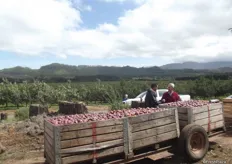
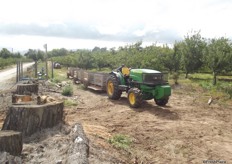
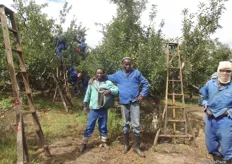
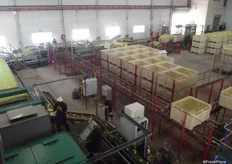
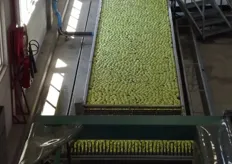
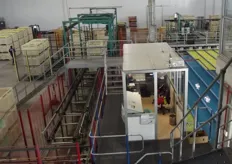
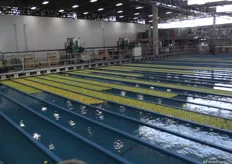
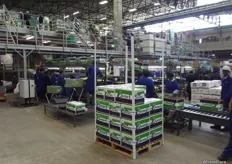
Sign up for our daily Newsletter and stay up to date with all the latest news!
Subscribe I am already a subscriberYou are using software which is blocking our advertisements (adblocker).
As we provide the news for free, we are relying on revenues from our banners. So please disable your adblocker and reload the page to continue using this site.
Thanks!
Sign up for our daily Newsletter and stay up to date with all the latest news!
Subscribe I am already a subscriber







